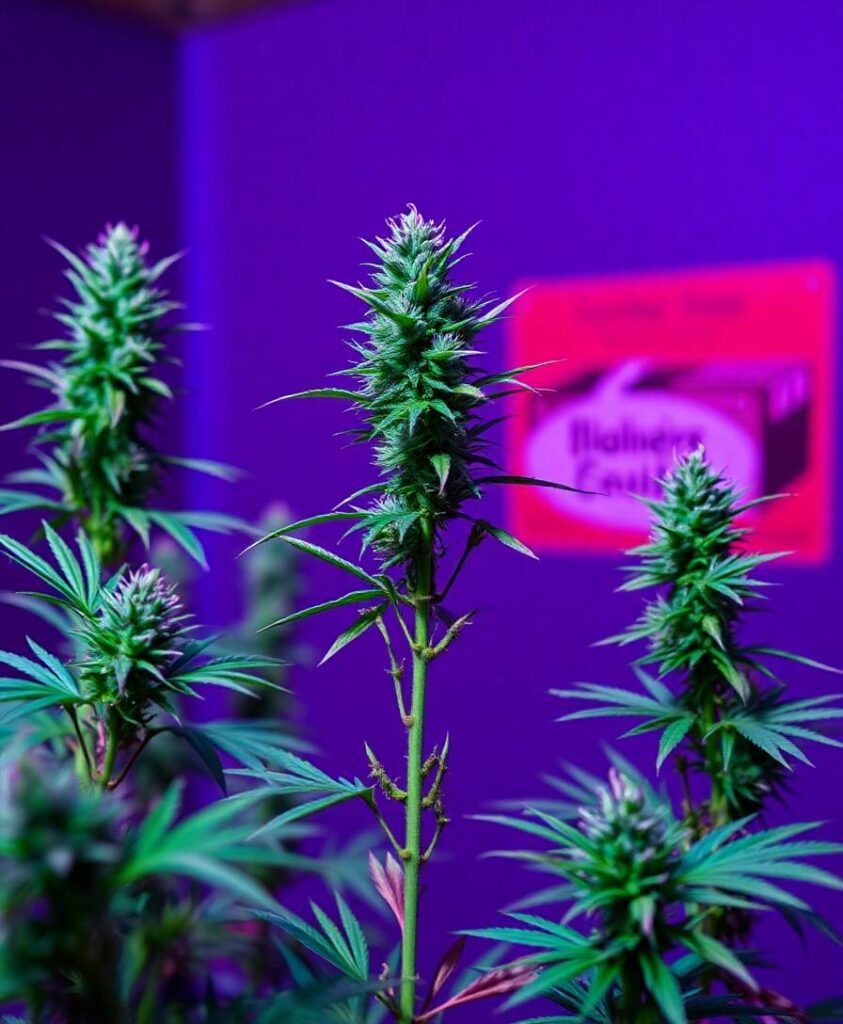Our immune systems are intricate networks that constantly adapt and respond to internal and external challenges. What scientists have now uncovered about lupus represents a fascinating glimpse into how aging might actually moderate an otherwise hyperactive immune response. By tracking inflammation markers and immune signaling, researchers have revealed that what once seemed like an uncontrollable disease can potentially become more manageable as patients grow older.
This breakthrough highlights the remarkable plasticity of human biology and offers a promising perspective for individuals living with chronic autoimmune conditions. Understanding how our immune systems evolve could unlock new strategies for treatment, potentially transforming how we approach inflammatory diseases. The findings invite us to reimagine health not as a static state, but as a dynamic process of continuous adaptation and resilience.
Lupus, a relentless autoimmune disease, appears to mellow with age. While it aggressively targets organs with runaway interferon signaling in younger adults, researchers at UCSF have found that the aging process itself may naturally tone down these immune system attacks. By comparing immune markers across age groups, the team discovered that lupus patients actually show decreasing inflammation as they grow older, in stark contrast to typical “inflammaging.” This surprising twist opens the door to new age-targeted treatments and raises hope for managing not just lupus, but other inflammatory conditions as well.




